Do Central Air Conditioners Recirculate Air or Bring in Fresh Air?
Many homeowners assume that central air conditioners pull fresh air...
Air conditioning is critical in Florida’s hot and humid climate. Older AC units, however, can become less efficient over time and may require more frequent repairs to keep your home comfortable. Understanding how to care for and troubleshoot these systems can extend their lifespan and prevent costly breakdowns. While some maintenance can be done by homeowners, other tasks require professional HVAC assistance.
Older air conditioning units face challenges that newer systems are designed to avoid. Common problems include:
Recognizing these issues early allows you to address them before they become serious problems that could require a full system replacement.
Routine maintenance is essential for keeping older units running smoothly. Key maintenance practices include:
Regular maintenance not only improves performance but also prevents minor issues from escalating into expensive repairs.
Homeowners can perform a few simple checks to identify potential issues before calling a professional:
These steps help homeowners determine if the problem is minor or requires professional attention.
Older AC units often need professional care to handle complex repairs safely and efficiently. Consider calling a licensed HVAC technician if you encounter:
A professional can diagnose underlying issues, recommend repairs, and advise whether replacing the unit is more cost-effective than ongoing maintenance.
While older AC units will eventually need replacement, you can take steps to maximize their lifespan:
Implementing these practices can help maintain comfort in your home and reduce unexpected repair costs.
Even with proper maintenance, older systems have a limited lifespan. Signs that replacement may be more cost-effective include:
Replacing an inefficient or unreliable unit may save money in the long run and provide more consistent cooling, energy savings, and peace of mind.
Maintaining and repairing older AC units in Florida requires attention, regular maintenance, and professional assistance. By understanding common issues, performing routine checks, and addressing problems promptly, homeowners can extend the lifespan of their systems and maintain comfort during hot and humid weather. Proper care of older units also reduces energy costs and prevents sudden breakdowns that can disrupt your home environment.
For homeowners looking to ensure their AC units run efficiently and reliably, partnering with a trusted HVAC professional is essential. A licensed technician can provide thorough inspections, timely repairs, and guidance on whether upgrading your system makes sense. Don’t wait for a breakdown—reach out to a professional HVAC company to schedule maintenance or discuss repair options and keep your home cool all year long.

Many homeowners assume that central air conditioners pull fresh air...
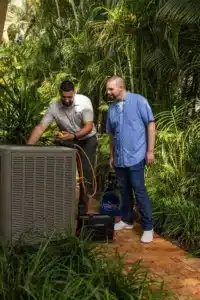
Preventive AC maintenance plays a major role in keeping cooling...
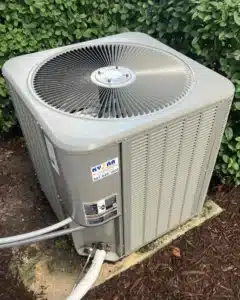
Choosing the right air conditioning system for your home is...
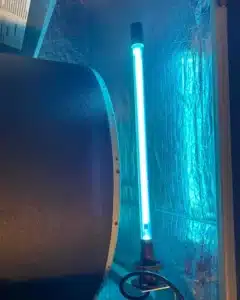
Indoor air quality is a critical factor in maintaining a...
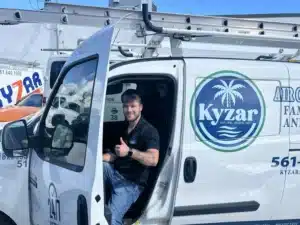
Maintaining clean and healthy indoor air is increasingly important, especially...
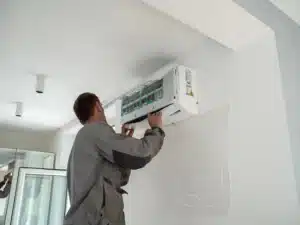
Maintaining the right level of humidity in your home can...